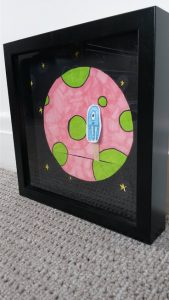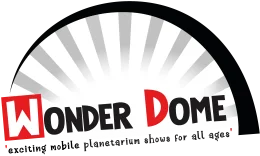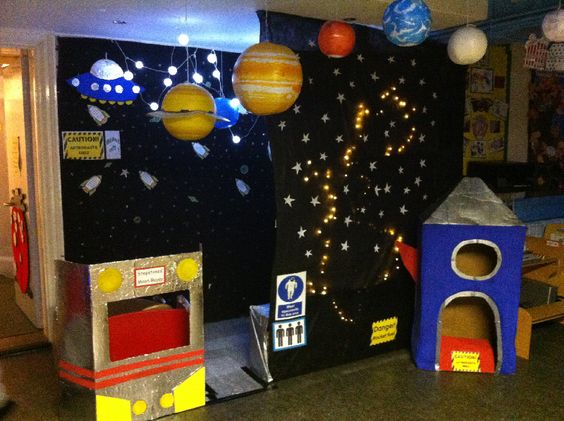British science week 2018 is in a full gear. Many schools invite the mobile planetarium this time of the year to introduce the children to the wonderful world of Astronomy.
Ok, you’ve been to the planetarium. Maybe you’ve had an after-the -session space discussion in your classroom. Probably you’ve told the kids many other space facts inspired by your Dome experience! But to make the most of the planetarium visit make sure to sprinkle some stardust over the rest of the curriculum too! Who said you can only learn about stars and planets in Science? Bring Space into your Maths, English and Art lessons!
Maths
Space is all about big numbers. Talk to the kids about how big and heavy different planets and stars are. Tell them how long it will take to travel to different space destinations. Finally, give them some space match problems. And the kids will be practicing their times tables, solving fraction problems and converting units of measurements without even knowing it! For ideas and inspiration have a look at our blog post Space Maths.
English
Forget about dusty Encyclopedia volumes! Looks like there is a new trend in literature: mixing science with fiction! Many popular kids space fiction books have lots of scientific facts hidden on the pages. So send your class on their very own science treasure hunt! For KS2 level and up we highly recommend “George’s secret key to the Universe” series by Lucy and Stephen Hawking and “The Jamie Drake Equation” by Christopher Edge.
Greek Myths will be a fantastic read after the session on constellations. All those stories about beasts, gods and kings make the sky even more magic! Let the kids explore why some constellations are situated close by on the sky, whereas some chase each other but never meet!
Debating is an excellent classroom activity that has been overlooked by many schools. For this exercise you will need to set a topic and divide the children into two groups. Each group will be presenting an opposite viewpoint. Allow the teams plenty of time to prepare: they will need to do some research on their topics and write the speeches. On the day, remind the teams the rules of the debate. And enjoy the battle of minds! For more information about how to bring debating into the classroom look here. The school we once visited held a debate about whether the UK should invest into Space Exploration or into taking a better care of our own planet! The groups made a very insightful presentations and I felt that our future was in safe hands! Our visitors love to discuss whether it is a good idea to seek contact with aliens!
What would you like your class to debate over?
And more science
If you had a planetarium session about constellation, why not take it to the next level and apply your new knowledge “in the field”. Yes, I am talking about the stargazing sleepover! A few schools we’ve been to had a class sleepover prior to or after our visit. And even though the teachers looked a bit pale and shaky the next day, the kids definitely had a time of their lives. They proudly reported seeing all the bright constellations and naked eye planets. Well done!
And don’t even get me started about Art. The possibilities are endless!


